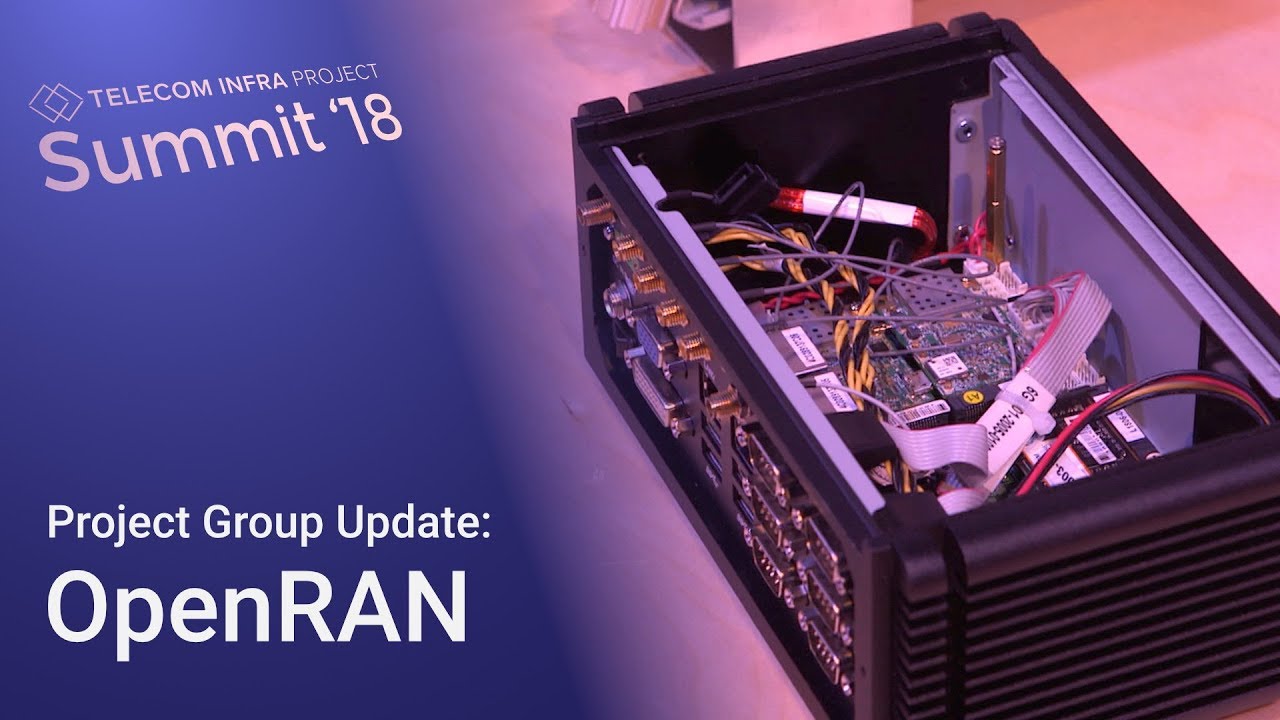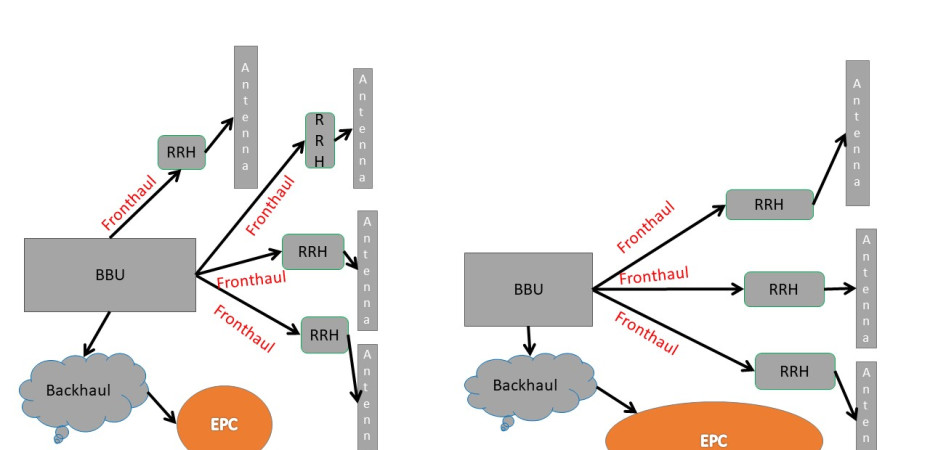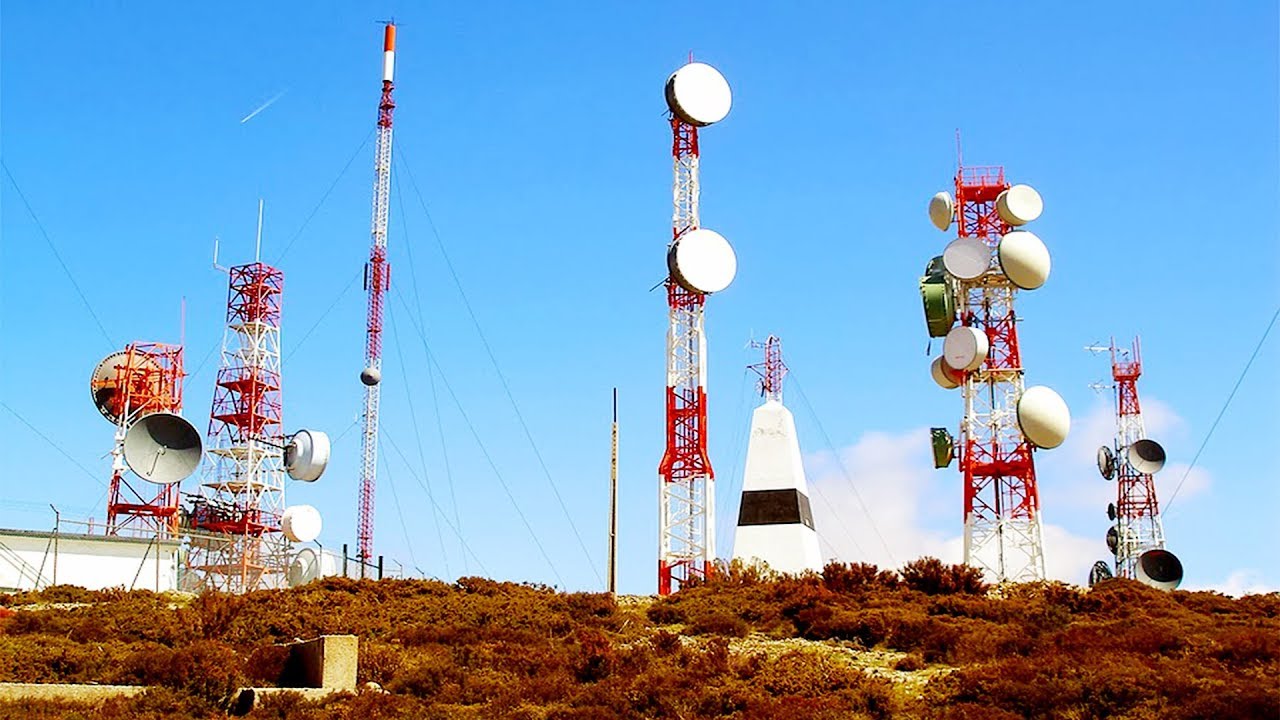
In Europe, the operator Vodafone (one of the largest in the world) has begun testing work on the new OpenRAN standard, which promises
What a beast

OpenRAN will turn telecommunicationsequipment in clusters consisting of standardized blocks that will be implemented on free (open) platforms, both software and hardware. This will create serious competition for the closed products of the current monopolists. Experts estimate that 65 percent of the cost of a mobile network is ownership of the RAN infrastructure. Today, operators are independently trying to reduce network costs by virtualizing it or moving it to the clouds. The dependence on the current monopolists is one hundred percent, the operators have no freedom in choosing configurations, since the manufacturer supplies its equipment exclusively in batch execution. If there is a task to reduce risks, then you have to buy ready-made packages from two manufacturers, which translates into huge losses.
At the same time, the creation of an oligopoly themselvesoperators, as they did not allow small vendor companies to develop normally. Now, third-party equipment manufacturers simply can not do anything, the system is a closed, completely closed ecosystem.

Vodafone develops OpenRAN withIntel company. Everything will be standardized, from software to large equipment, antennas, towers and so on. The technology has already been tested in the laboratories of South Africa, as well as in Turkey. 2G communication and high-speed 4G worked on these standards. Development will significantly reduce the cost of deploying and operating mobile networks. In addition, OpenRAN, thanks to its flexible scalability, will cover the most remote areas. Tests are already taking place in more than a hundred localities, while in Britain, then there will be a launch in Congo, Mozambique.

Experts agree that OpenRAN will dodeployment of networks where they are unprofitable under existing standards is beneficial. In addition, there will be new suppliers that will grow rapidly, and the monopoly will come to an end very soon.
Who benefits from OpenRAN?
At last year’s MWC, Vodafone already demonstrated prototypes of new base stations, while the advantages of this approach were outlined. What is the advantage of open virtualization, and who benefits from it?
- To operators. As a counterbalance to monopolists who supply all equipment to all existing operators. The absence of restrictions will take the economy of cellular networks to a new level.
- New manufacturers. The low price of admission will contribute to the emergence of new manufacturers in this business, competition will reappear.
- States. An important point is the stability of communication. When there are alternative solutions, stability is always at a higher level.
Telecom industry with the introduction of OpenRAN will becomea full member of the global IT industry. New entrants will certainly bring in a lot of innovations, which will generally improve business performance. Yes, and cellular communications for end users will become cheaper, including 5G.
